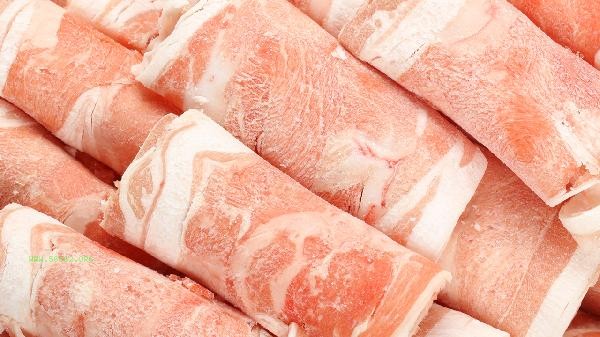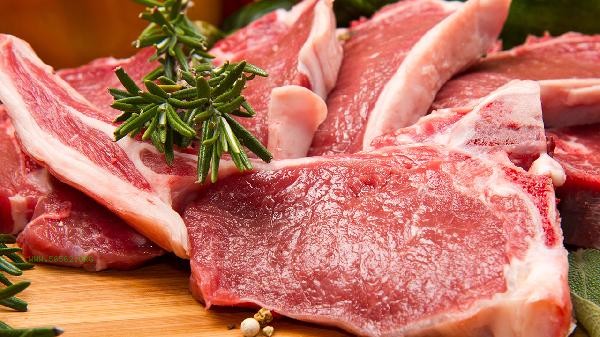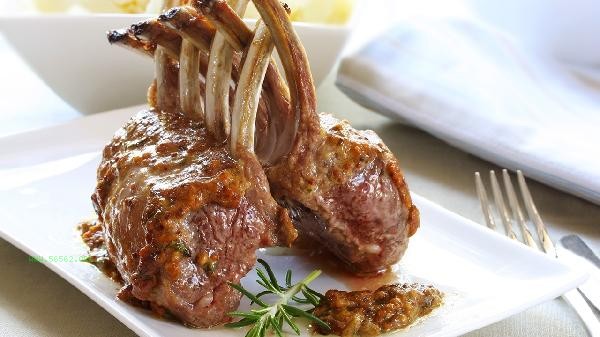Whether lamb skewers can be eaten overnight depends on storage conditions. If refrigerated and not spoiled, it can usually be consumed after heating; If stored at room temperature or if there is an odor or discoloration, it is not recommended to consume.

Lamb skewers stored overnight in a refrigerated environment have a slower bacterial growth rate and relatively safe meat quality. Before consumption, it should be fully heated to a center temperature exceeding 70 degrees Celsius to ensure the killing of potential pathogenic bacteria. The refrigeration temperature should be controlled below 4 degrees Celsius and sealed with cling film to prevent material oxidation and cross contamination. If the lamb skewers are already close to their expiration date or the storage environment temperature fluctuates greatly, there may be risks even if they are refrigerated.

Lamb skewers stored at room temperature are prone to breeding a large number of bacteria, especially in high temperature environments in summer, which may reach the pathogenic bacterial count after 6 hours. When the surface of the meat skewers is sticky, dark in color, or has a sour and rotten taste, it indicates that the protein has decomposed and produced harmful substances. The toxins produced by partial decay are resistant to high temperatures and cannot be eliminated by ordinary heating. Consuming them may cause gastroenteritis or even food poisoning. Repeatedly thawed lamb skewers are more prone to spoilage, and it is not recommended to consume them overnight even if refrigerated.

Before consuming overnight lamb skewers, carefully inspect their appearance and odor, and ensure thorough heating. Daily recommendation is to grill and eat the lamb skewers immediately. The remaining lamb skewers should be refrigerated promptly and consumed within 24 hours. Pairing with fresh vegetables and fruits can help promote digestion and metabolism. If symptoms such as abdominal pain and diarrhea occur after consumption, it is necessary to seek medical attention promptly to investigate the risk of foodborne diseases. Reasonably control the frequency of intake of barbecue foods and avoid excessive intake of carcinogenic polycyclic aromatic hydrocarbons.









Comments (0)
Leave a Comment
No comments yet
Be the first to share your thoughts!